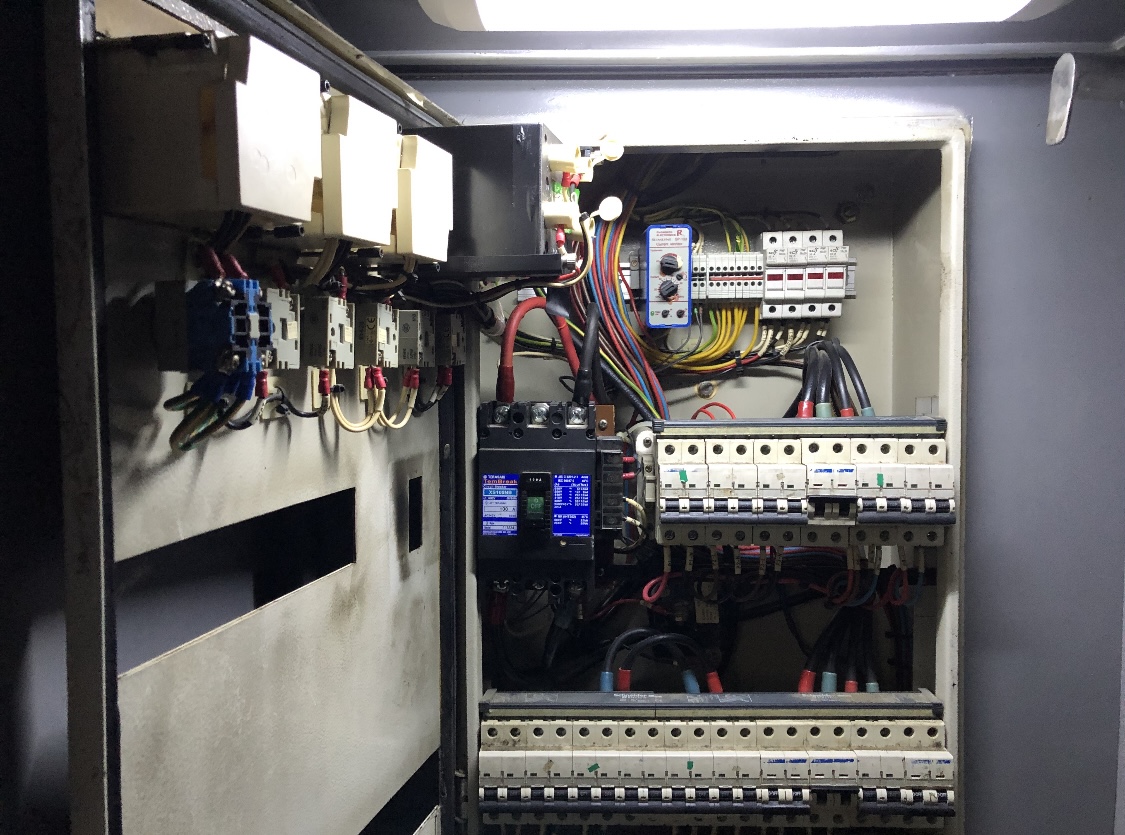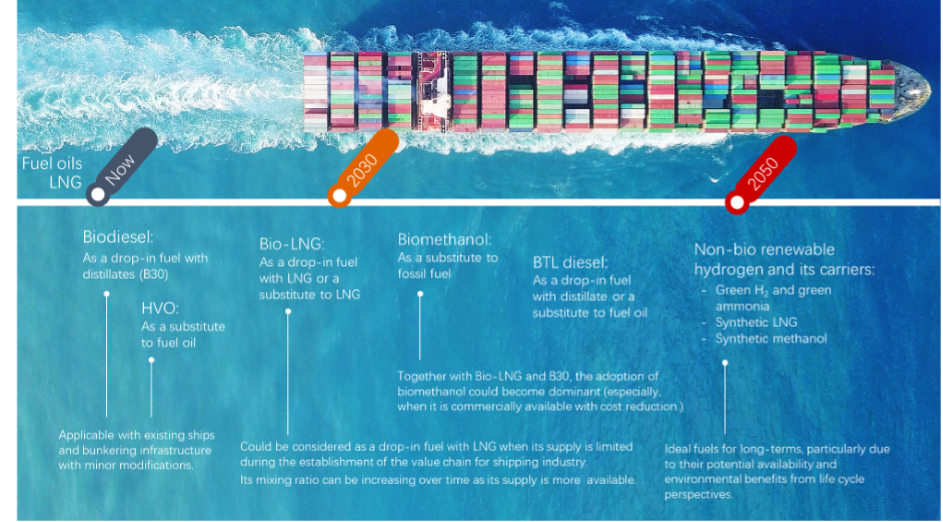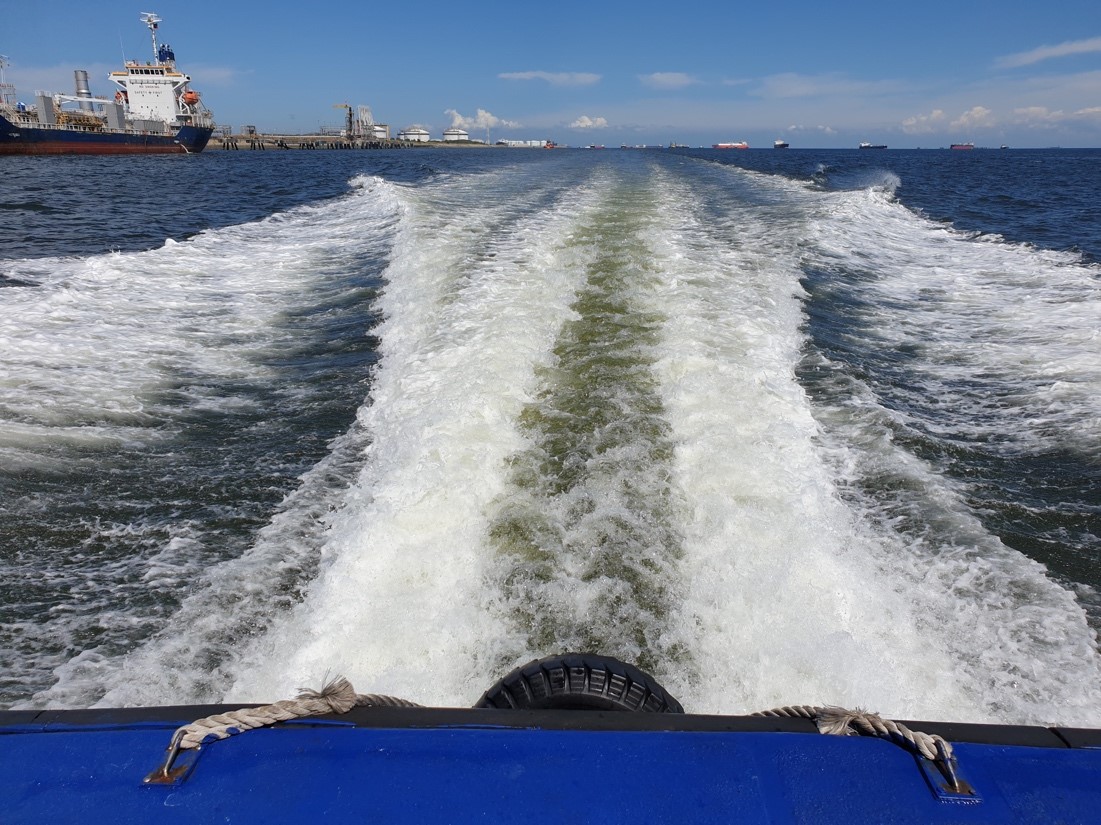Key Projects
MESD has initiated the alternative energy programme for the maritime industry, including energy study for international shipping, Singapore harbour craft, multi-purpose and container ports. This comprehensive programme looks into the different aspects - technology, process and infrastructure covering the significant elements in the supply chain from generation and transportation to application.

/future-fuel-projection-for-international-shipping.png?sfvrsn=e026b884_0)
/jurong-point.png?sfvrsn=ea1e0525_0)
/harbour-craft.jpg?sfvrsn=cbb4738e_0)
/prime-mover.jpg?sfvrsn=981568f0_0)

Biofuels illustrate potential as a drop-in fuel using existing shipboard technologies and bunkering infrastructure as well as a new fuel replacing conventional fossil-based fuels. The transition to low carbon maritime transport requires meticulous evaluation of all facets of sustainability, ranging from technological, economic and environmental sustainability. Different biofuels derived from different feedstock and production routes will have different technical, economic and environmental performances. The study aims to conduct a techno-economic assessment of biofuels as an energy source alternative to conventional fossil-based fuels for sustainable shipping and to provide a “New sustainable energy landscape for biofuels to support shipping industry moving forward low-carbon maritime transport sector within next 30 years”. The findings from the assessment will aim to provide clearer views and clarify questionable issues involving biofuels as future energy sources for the maritime industry.



